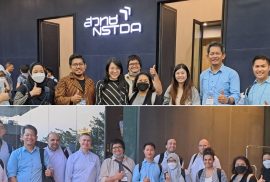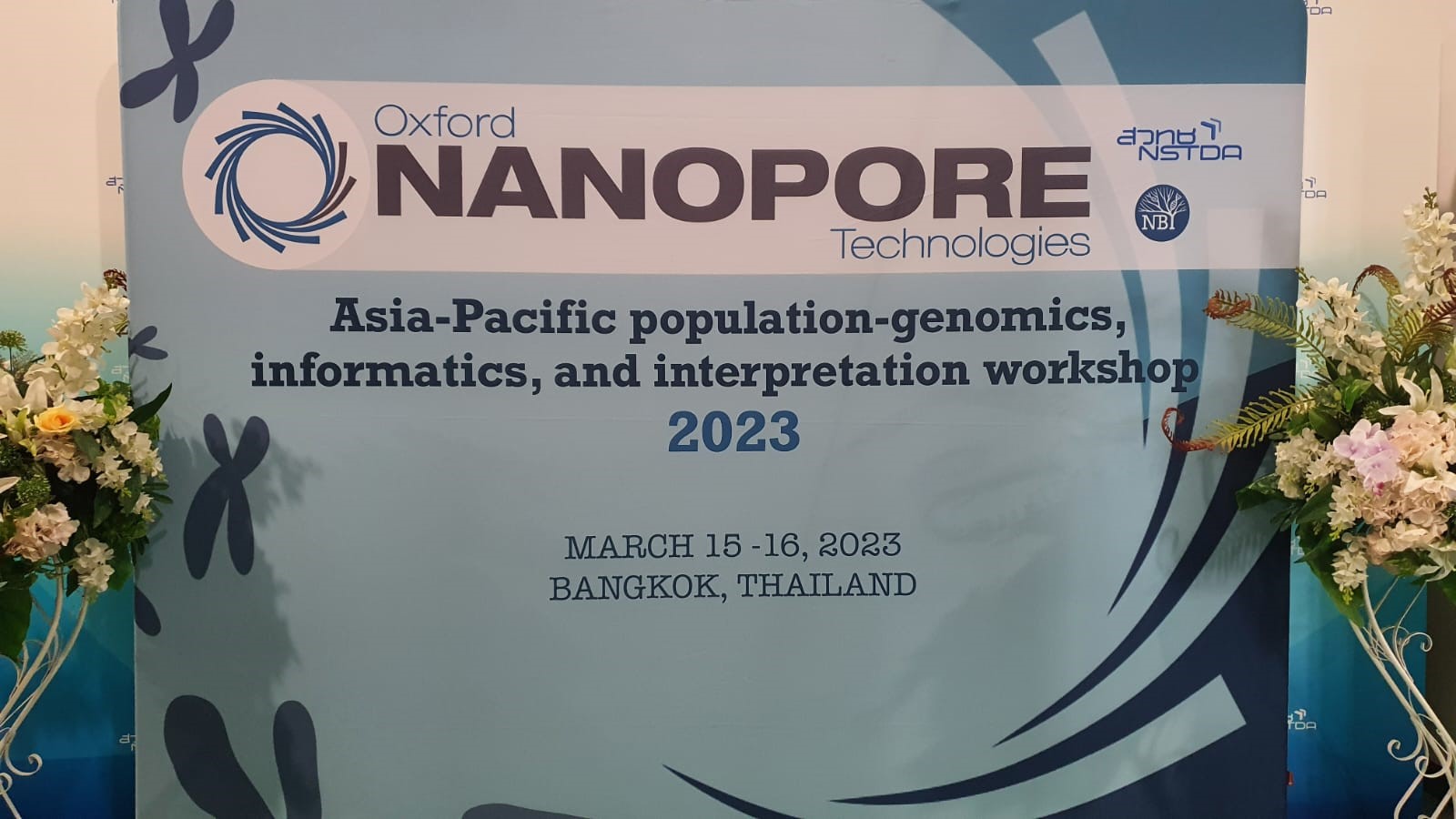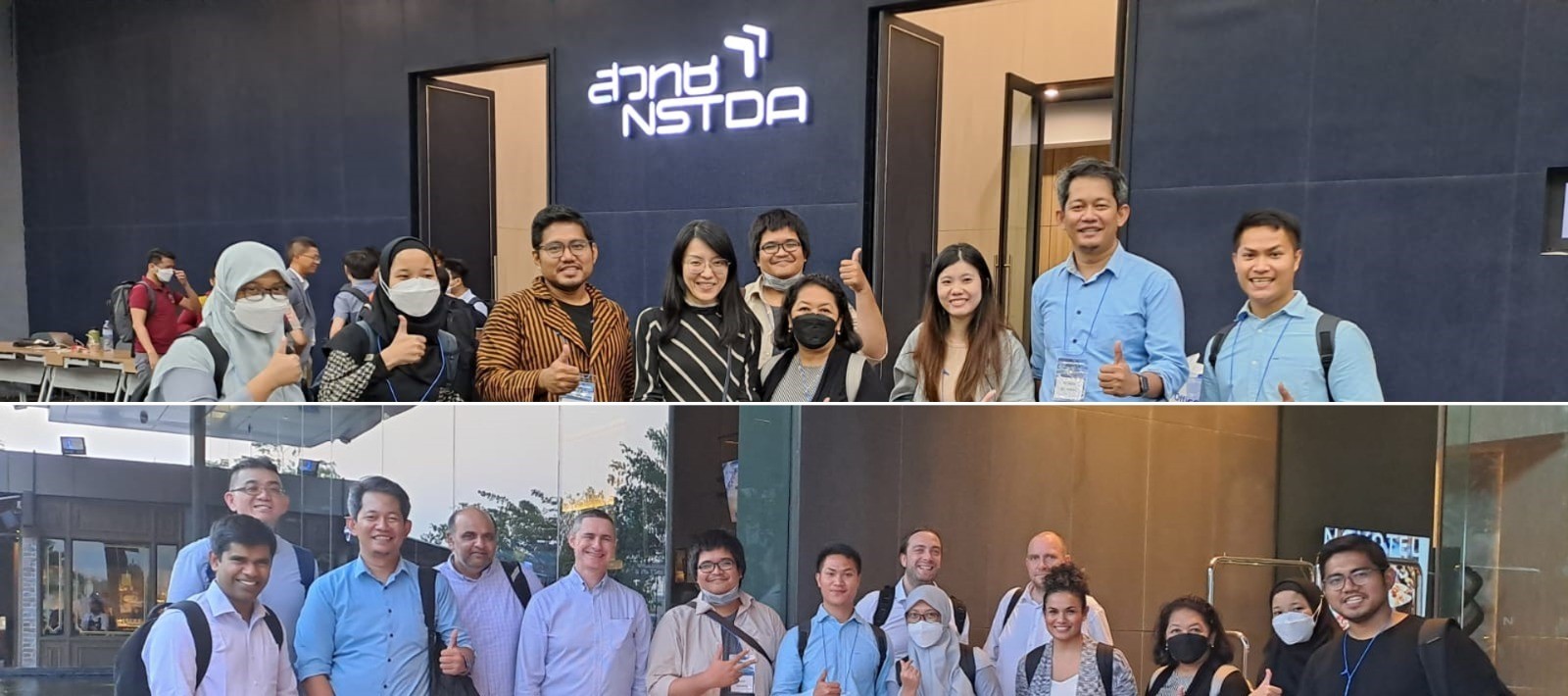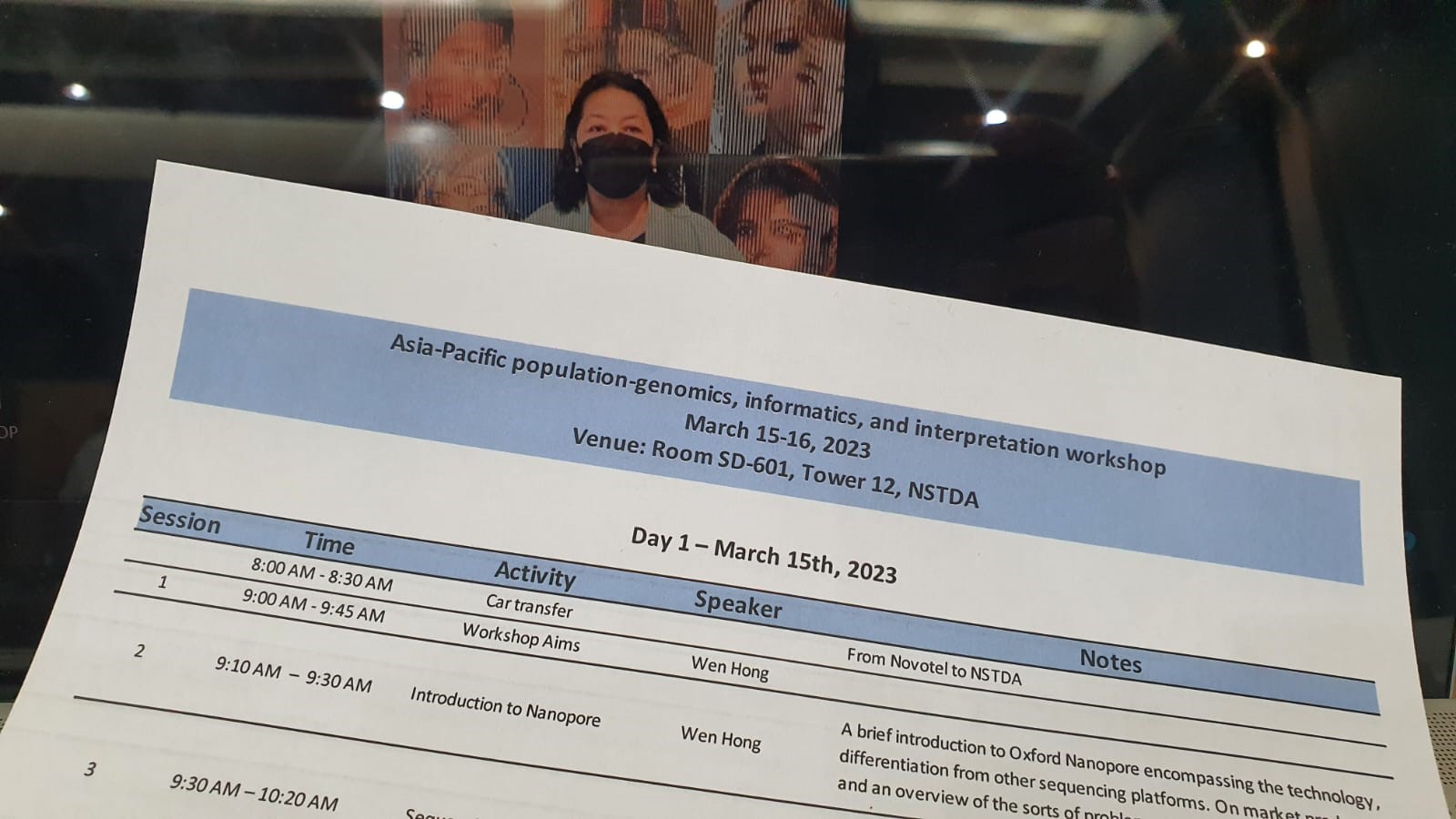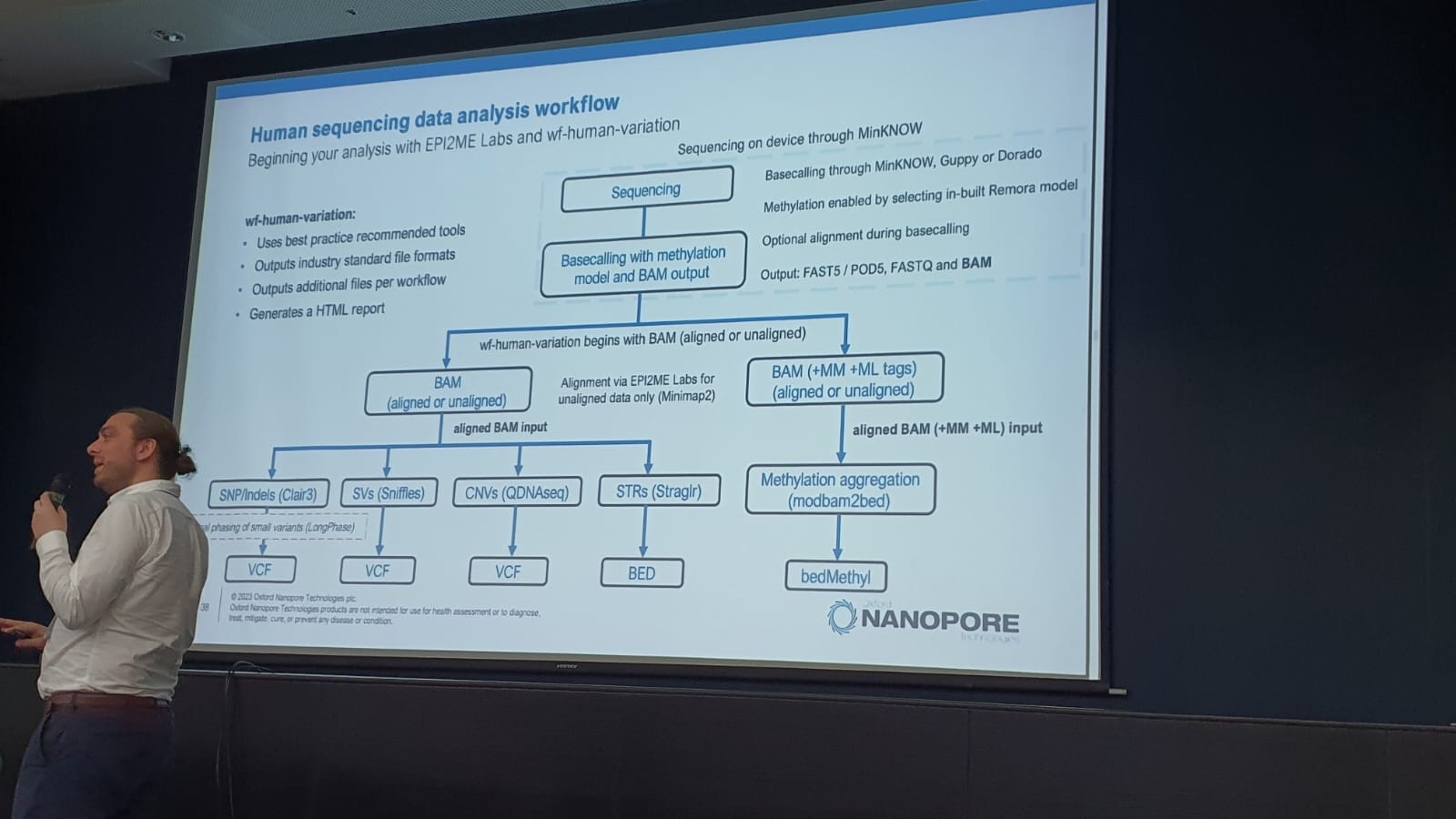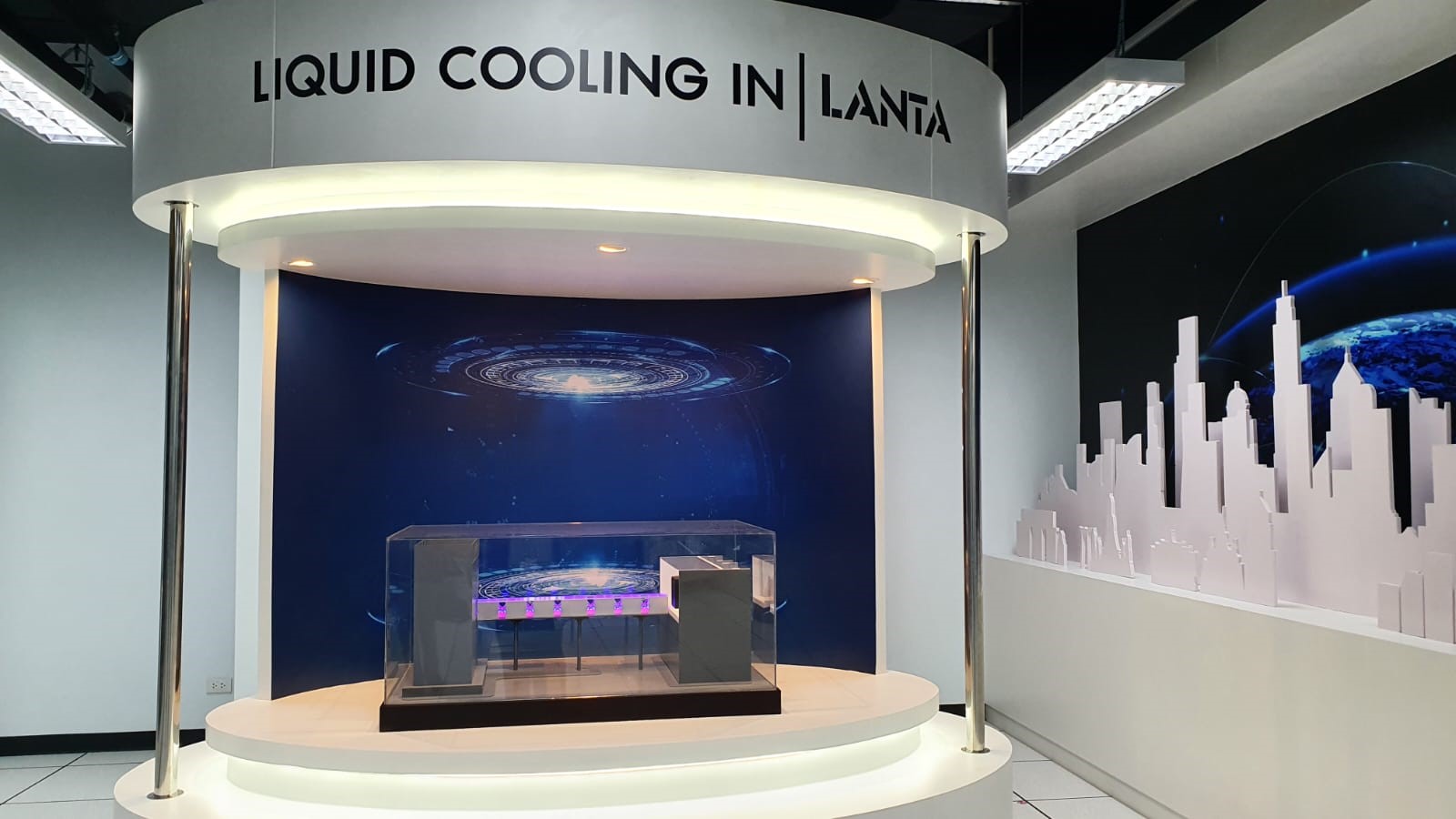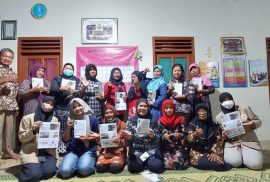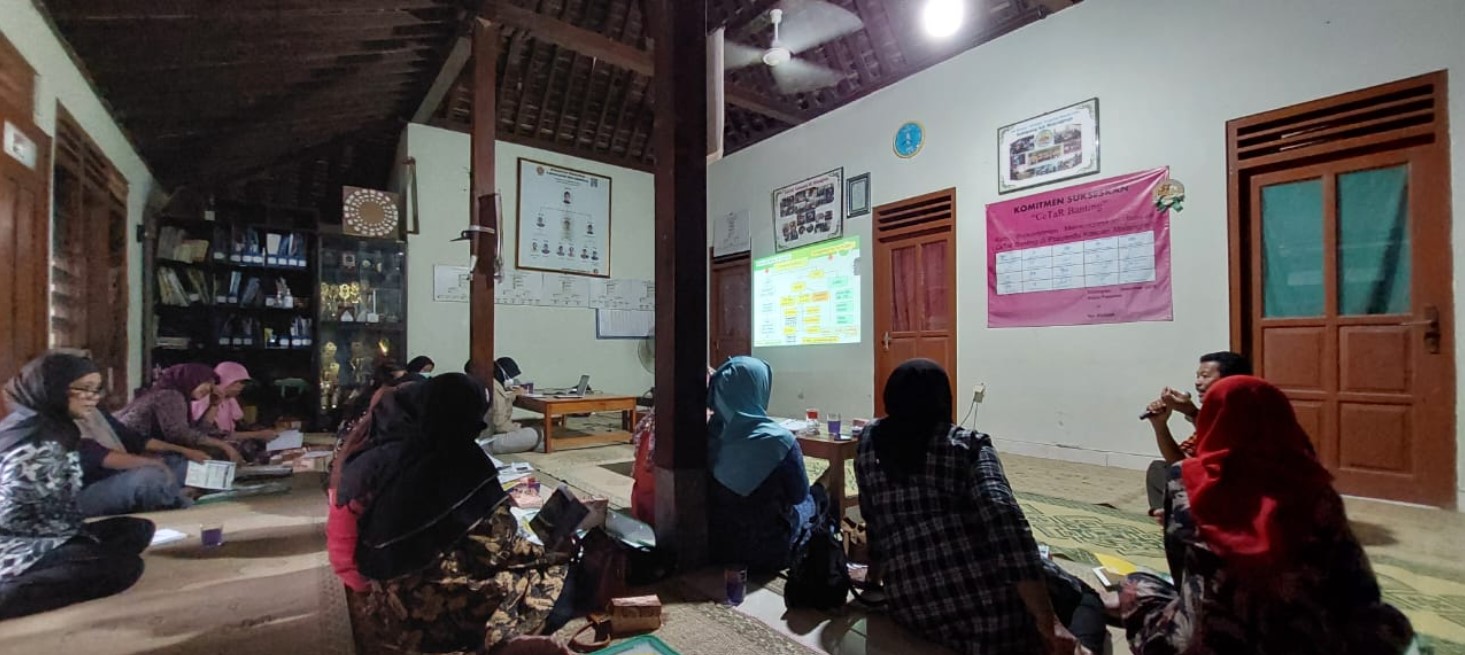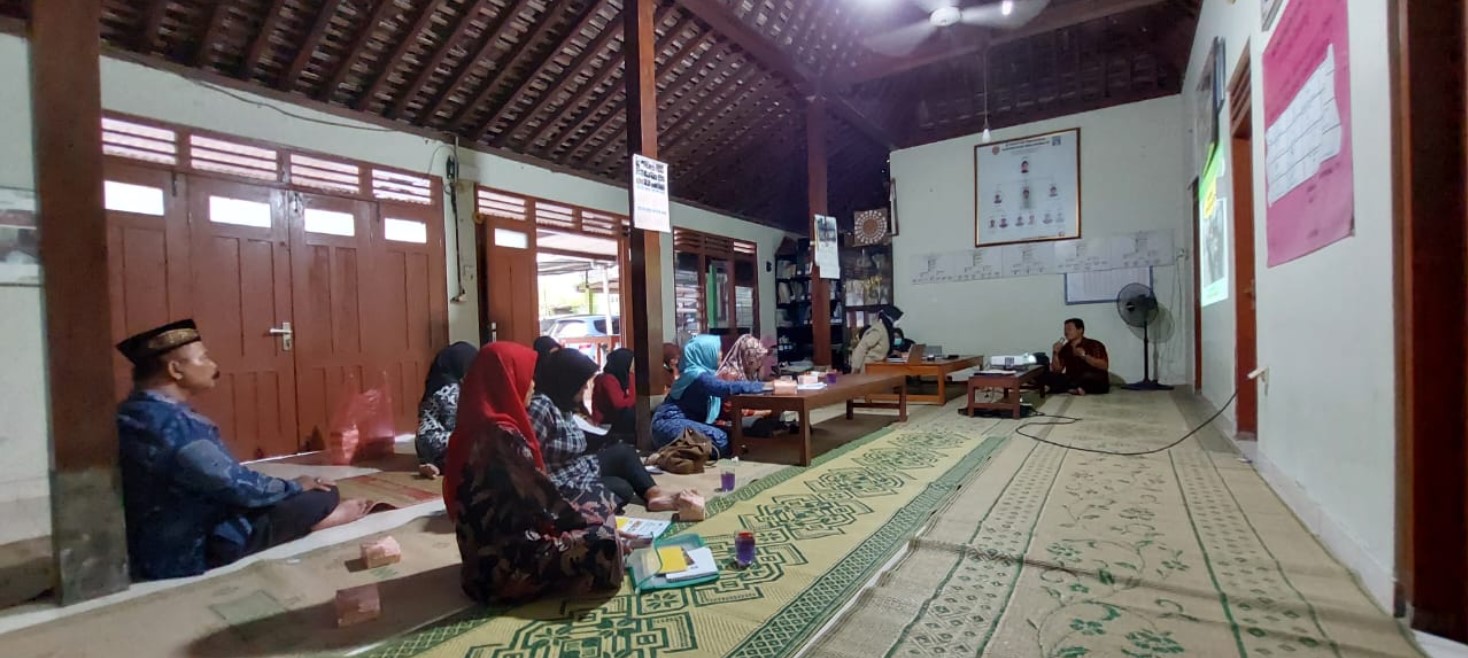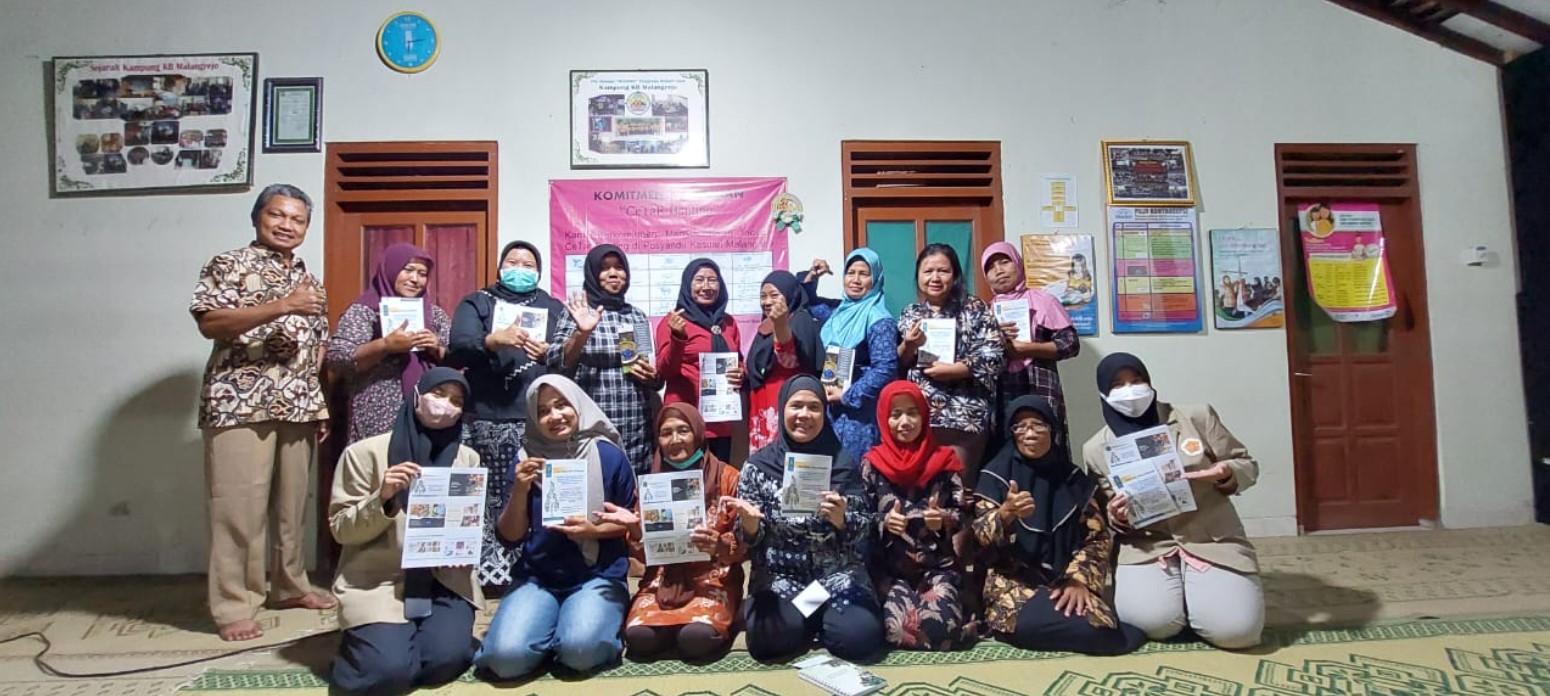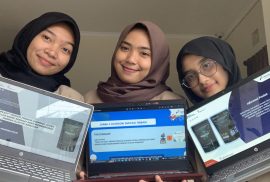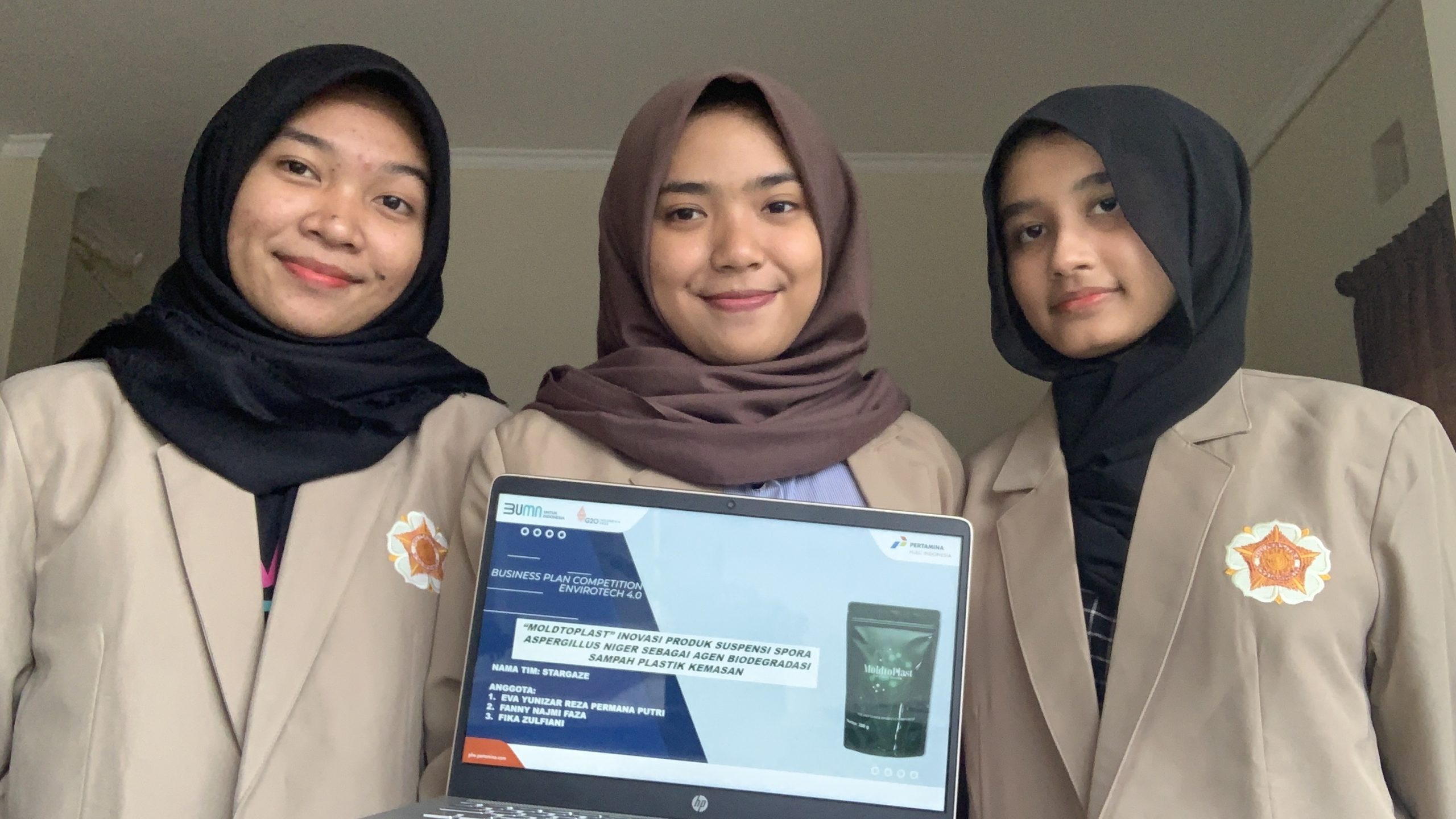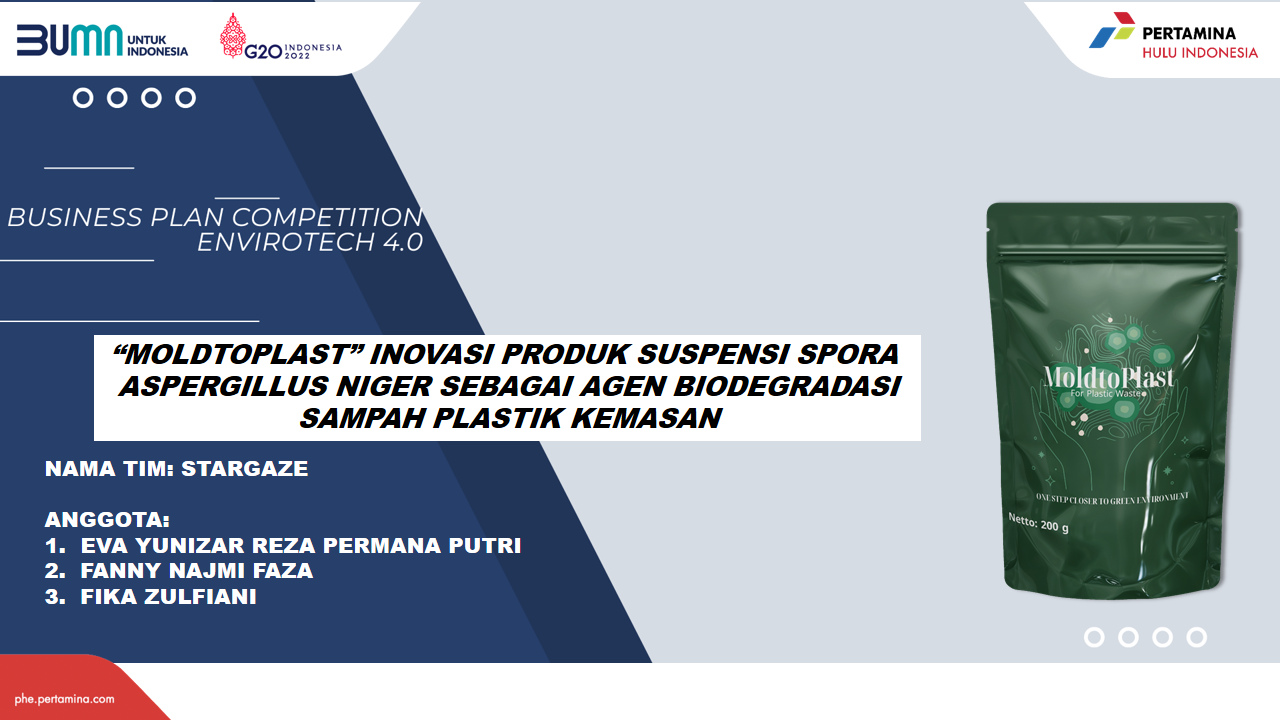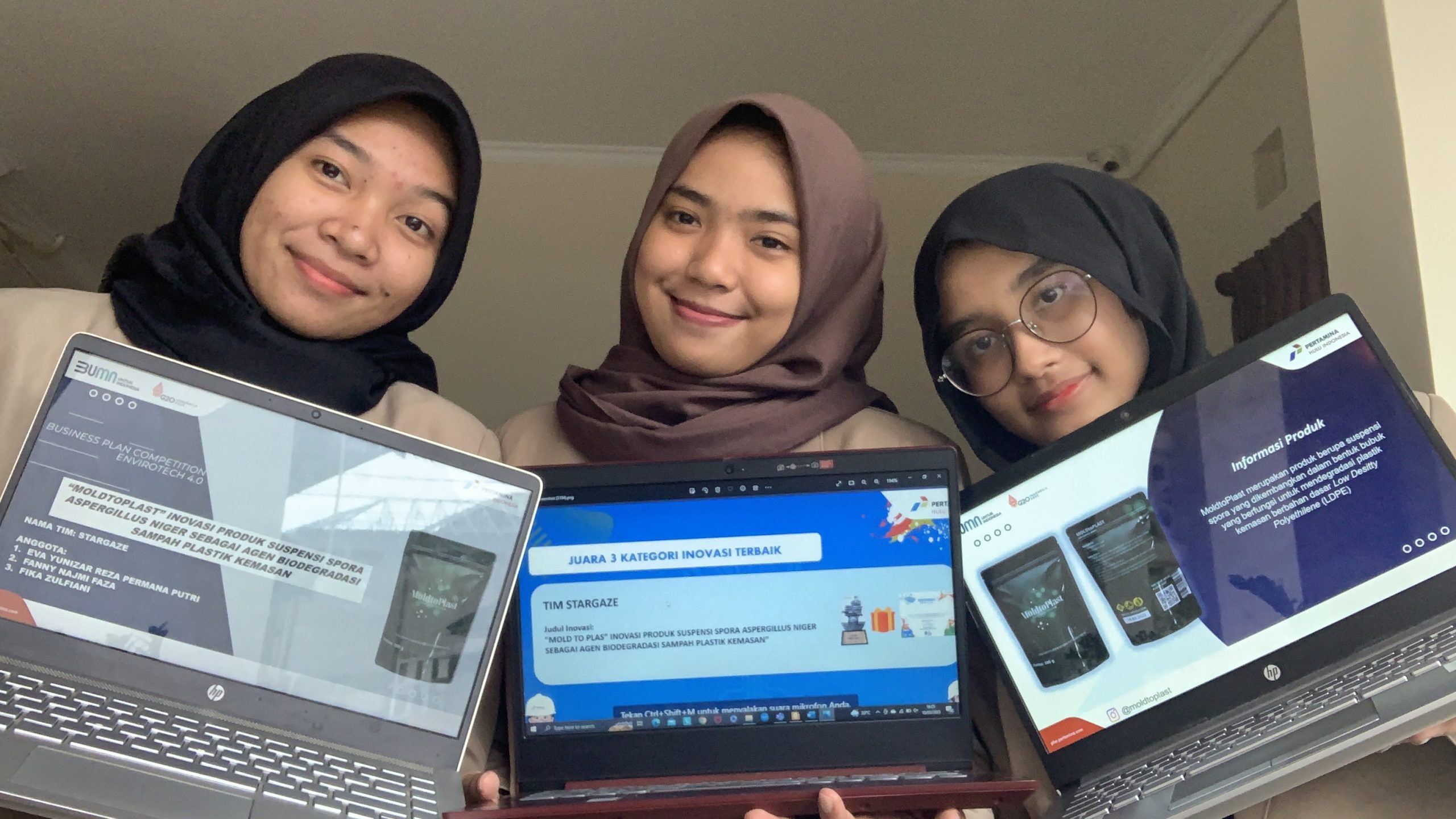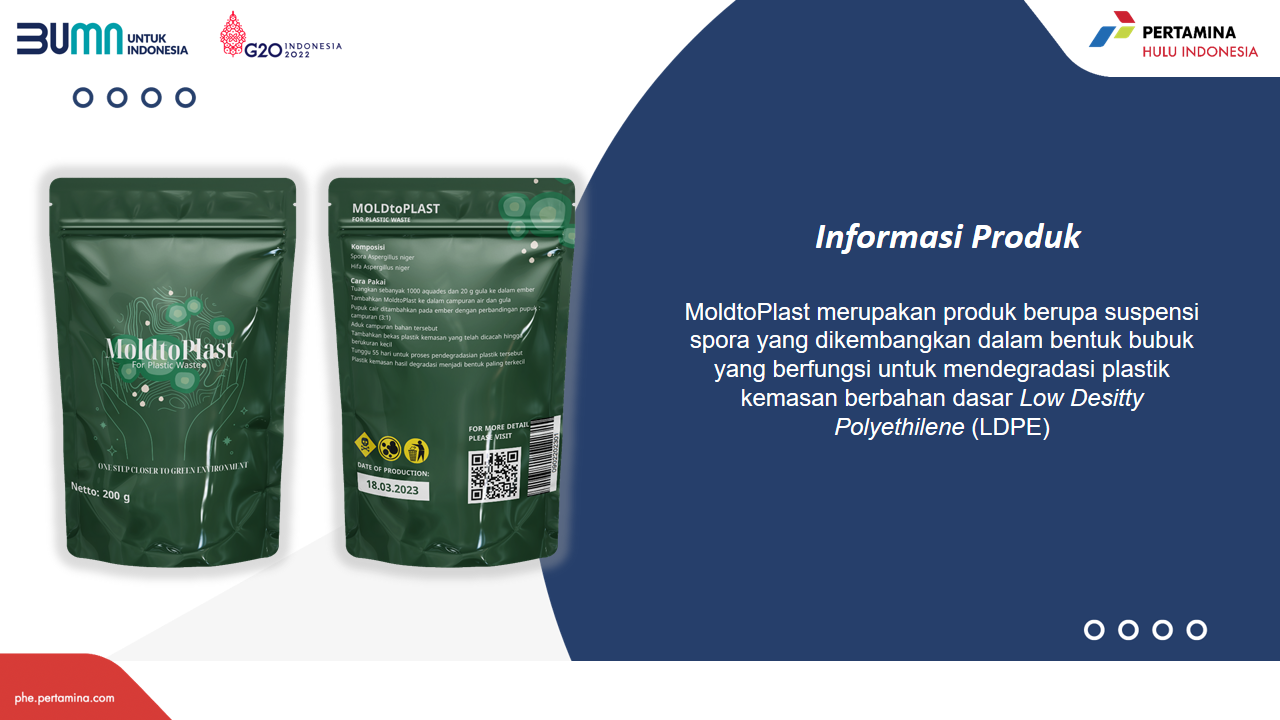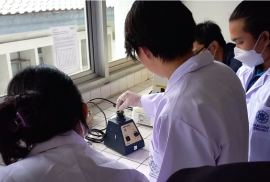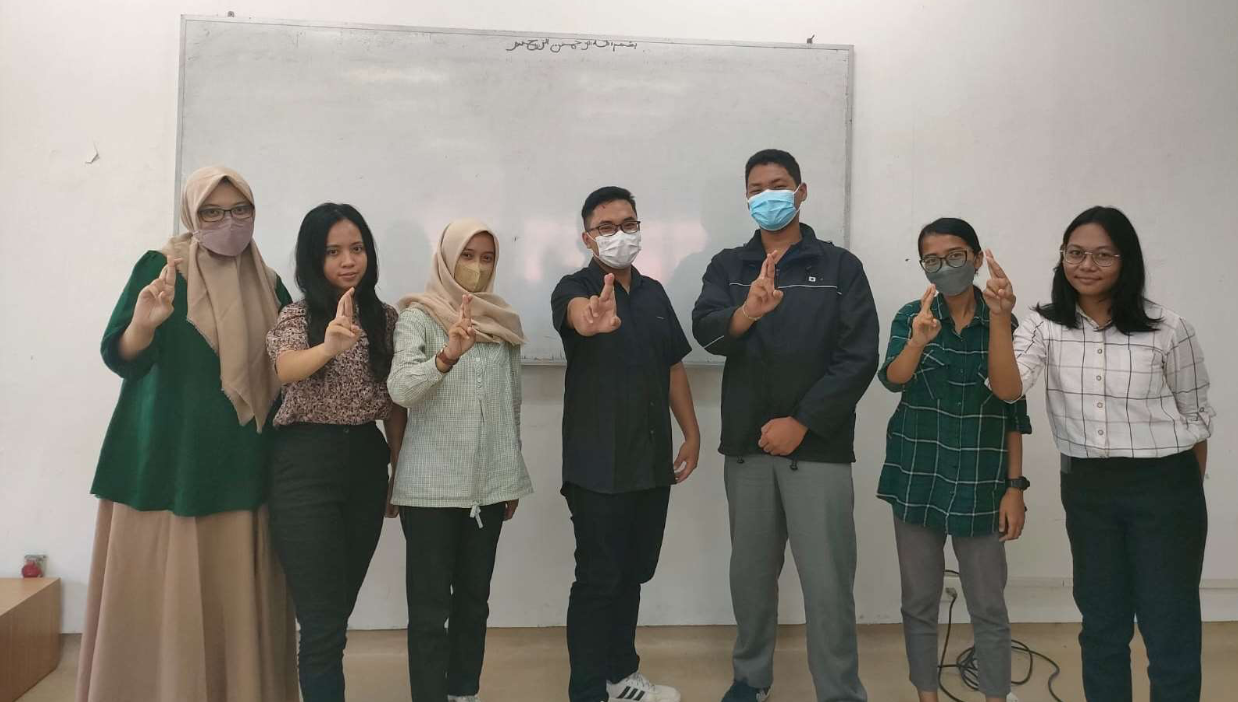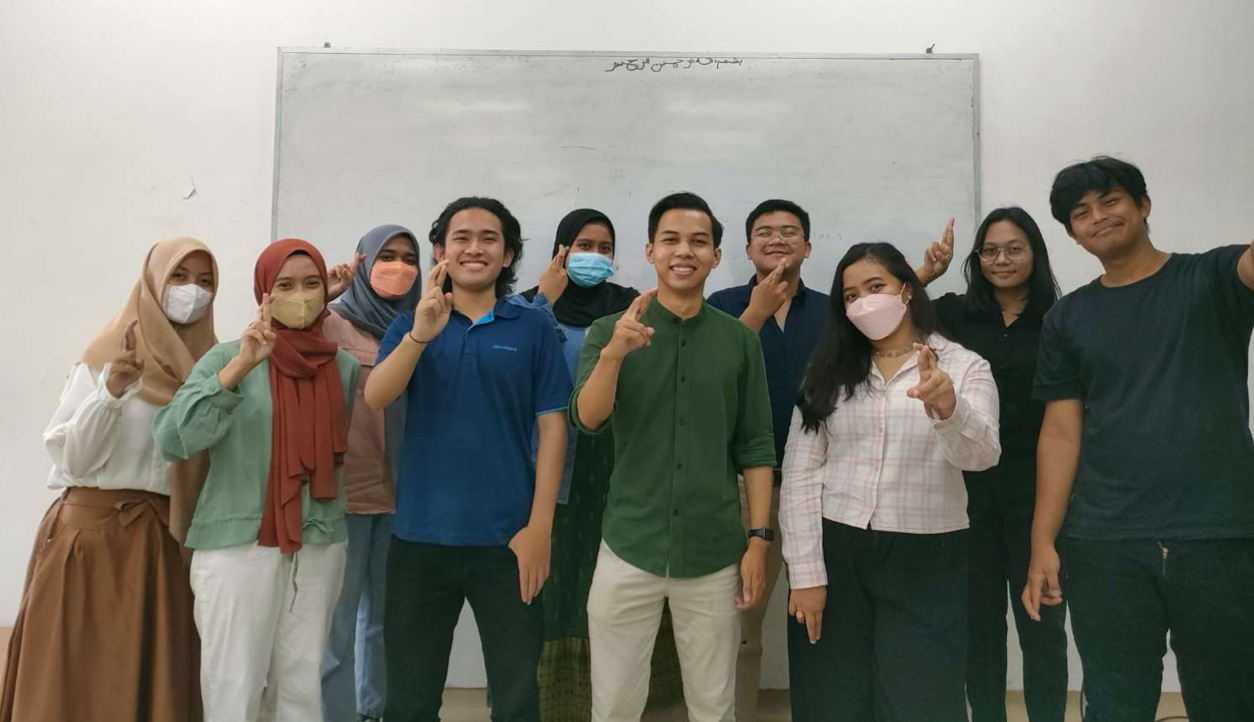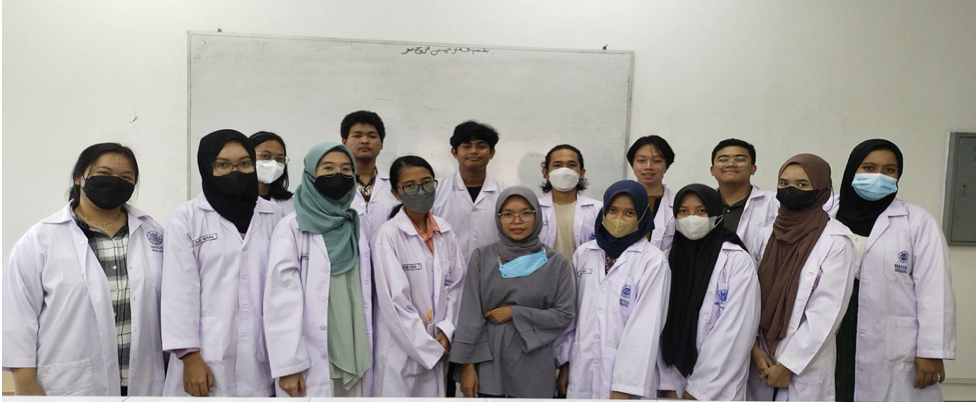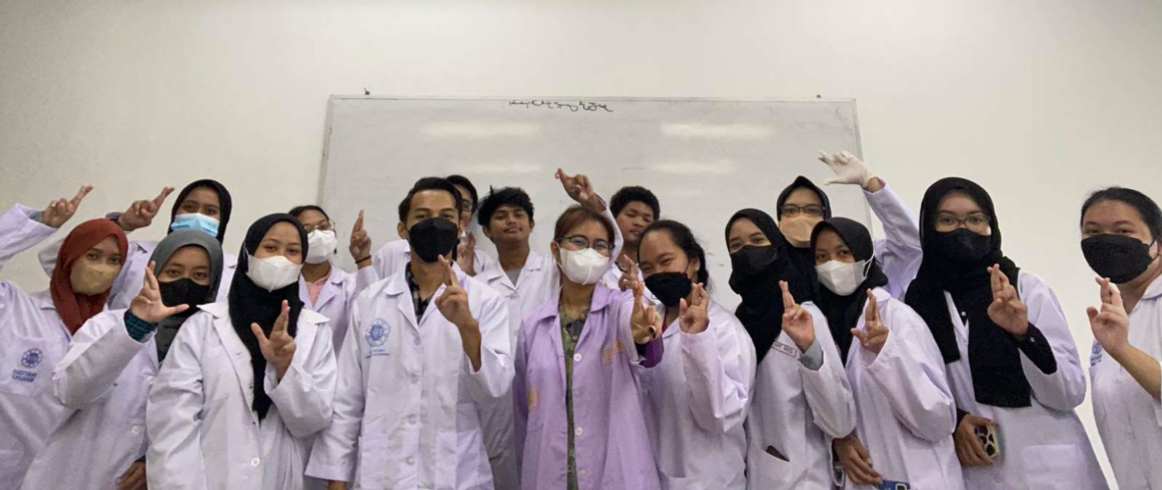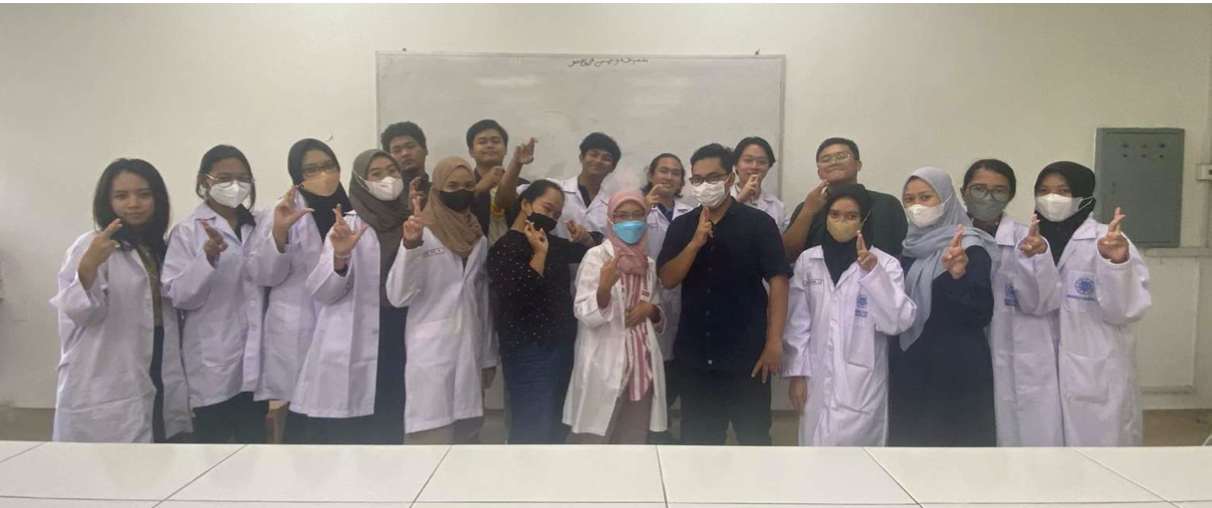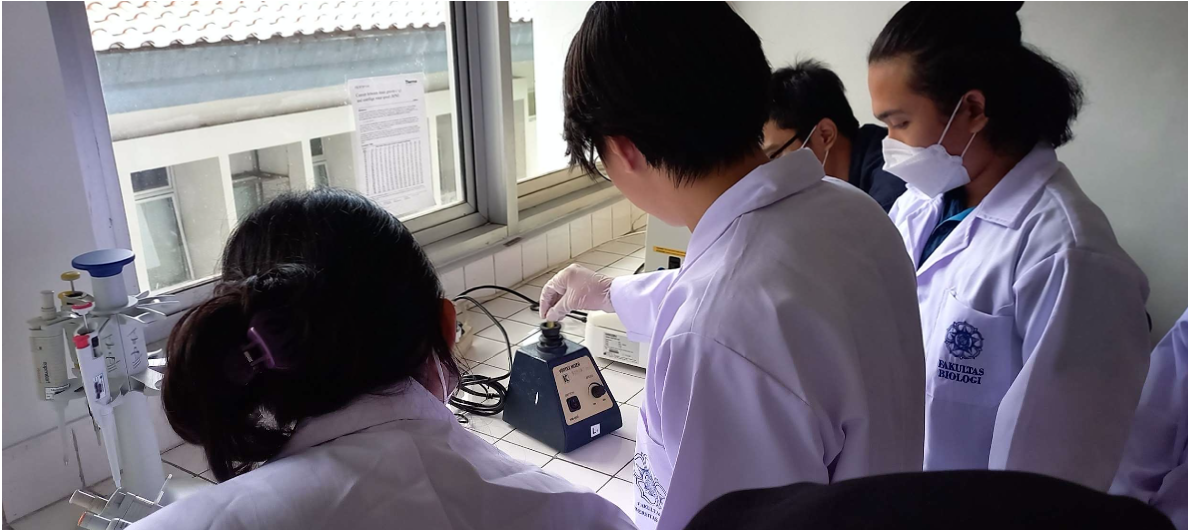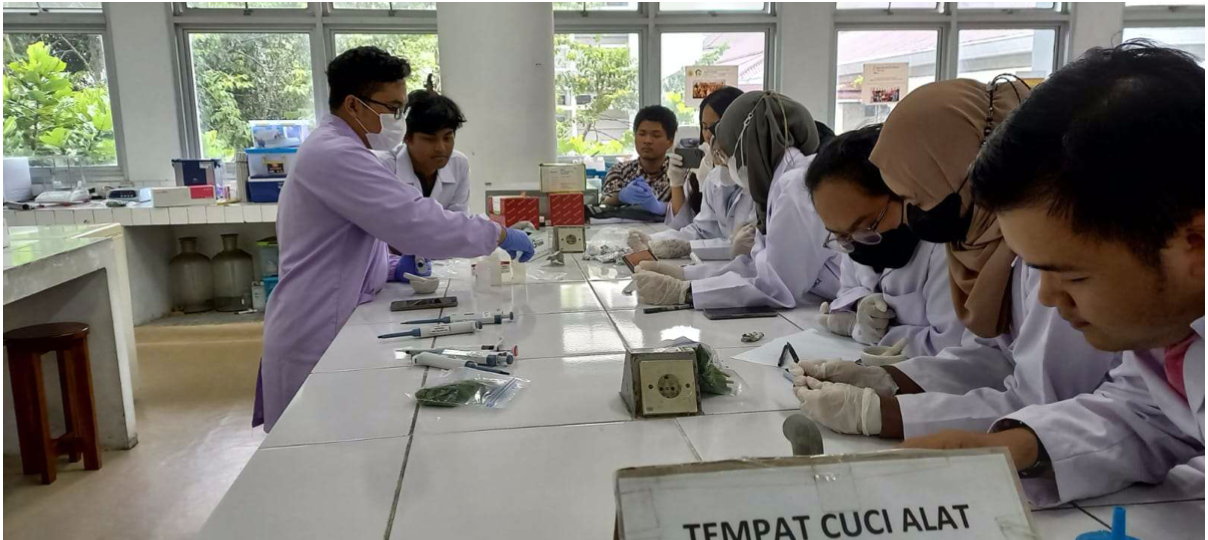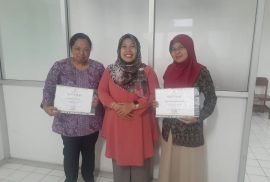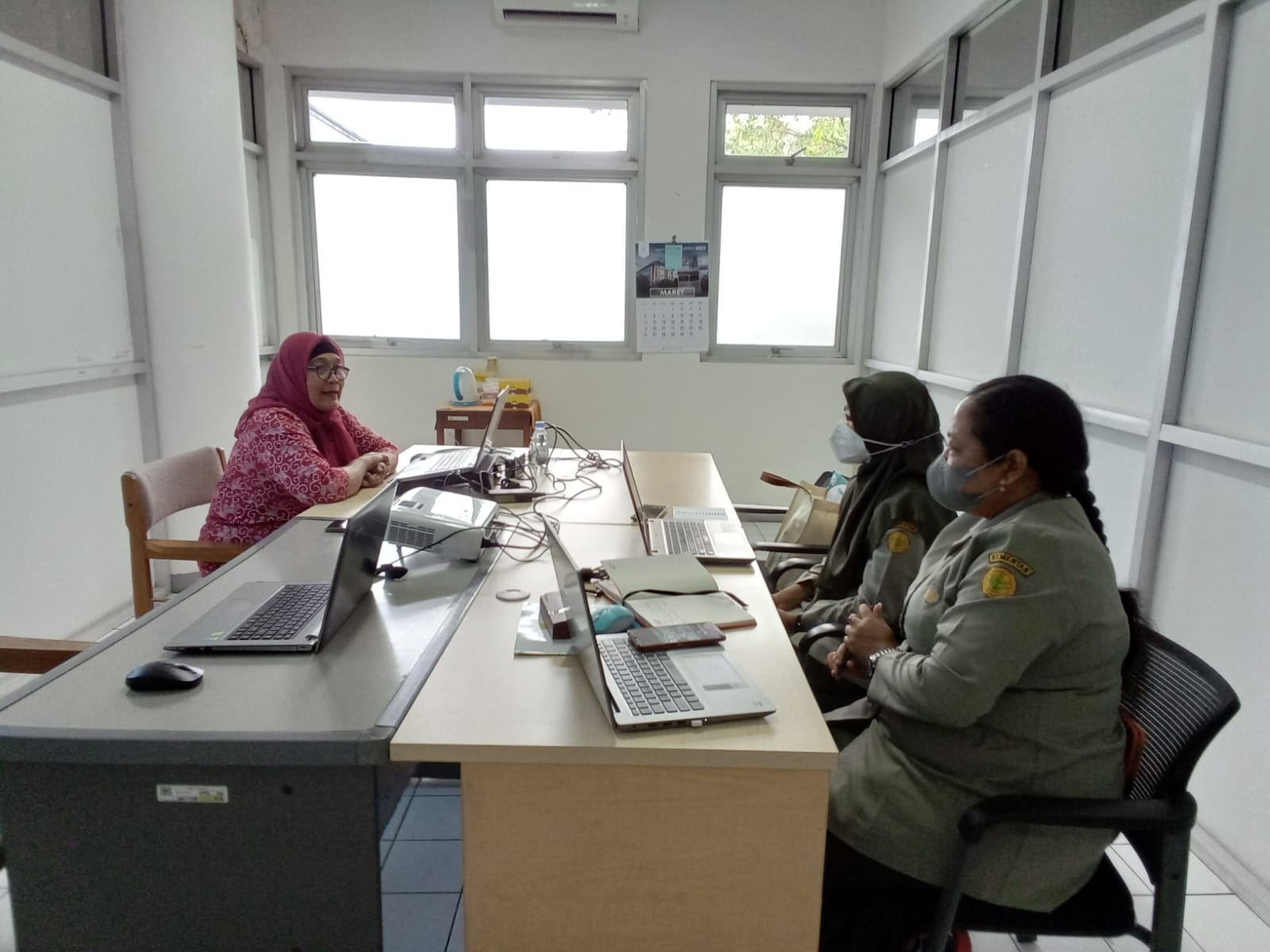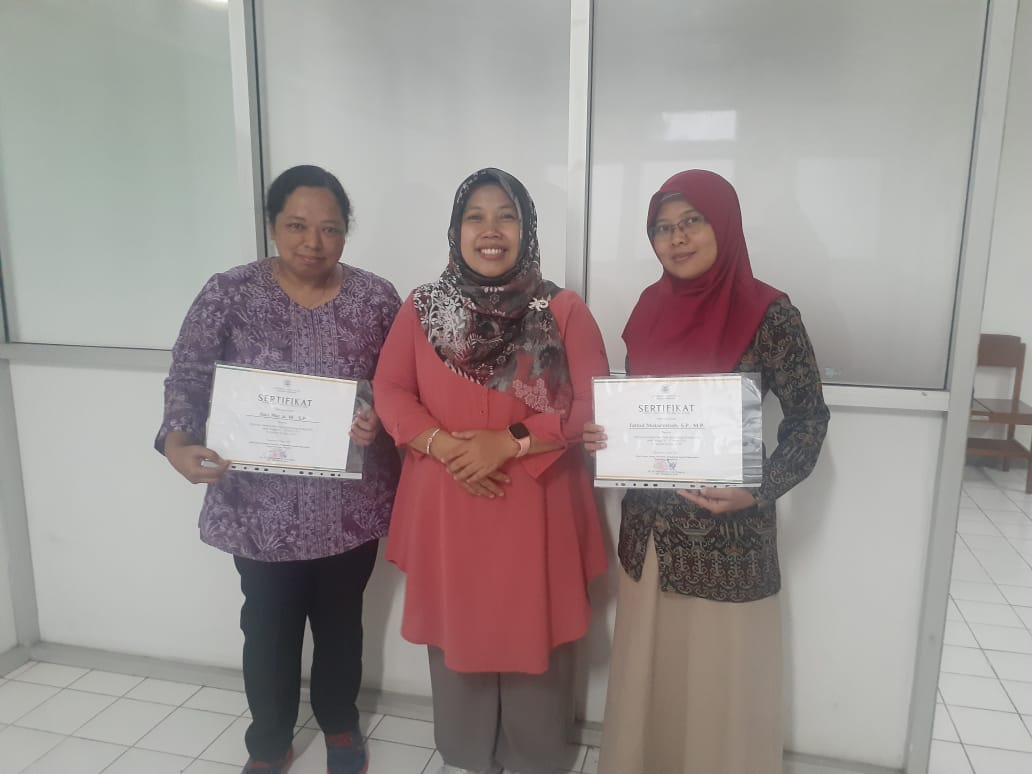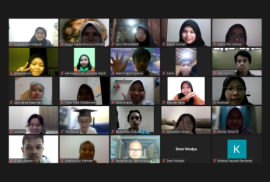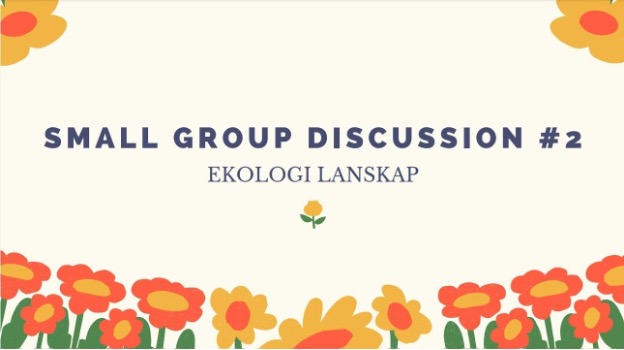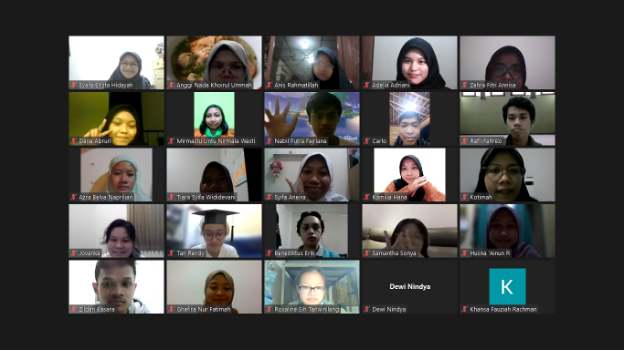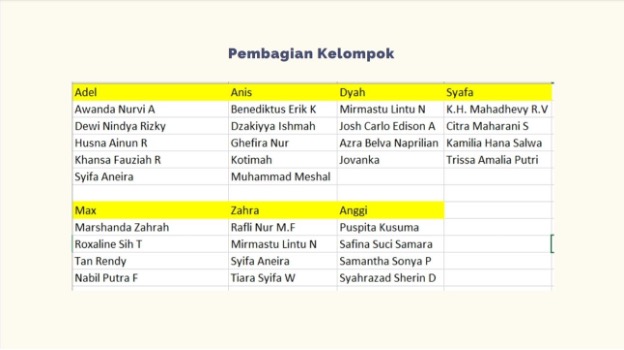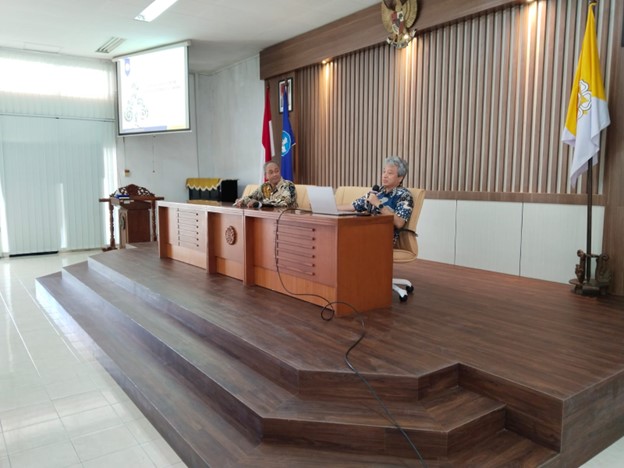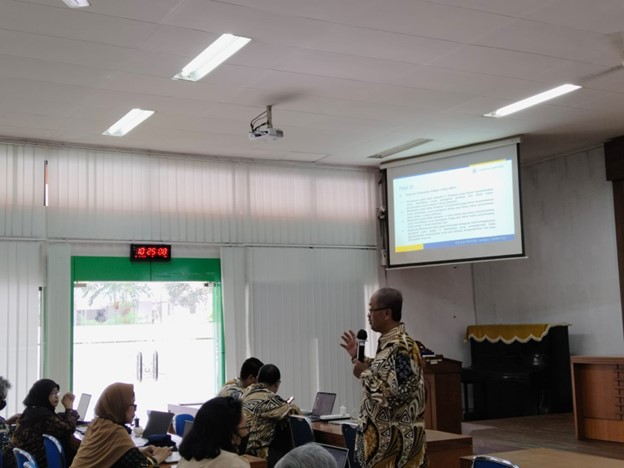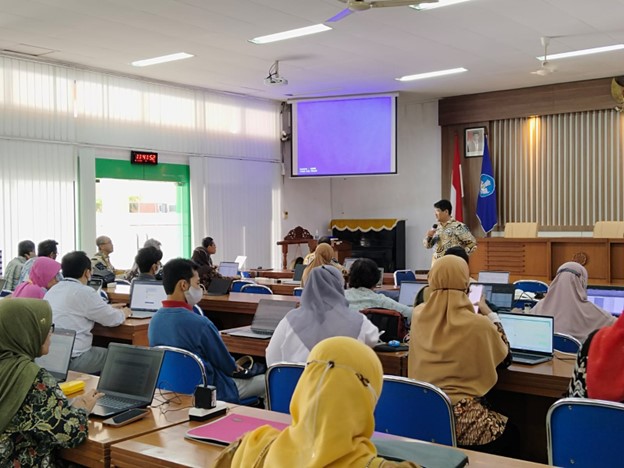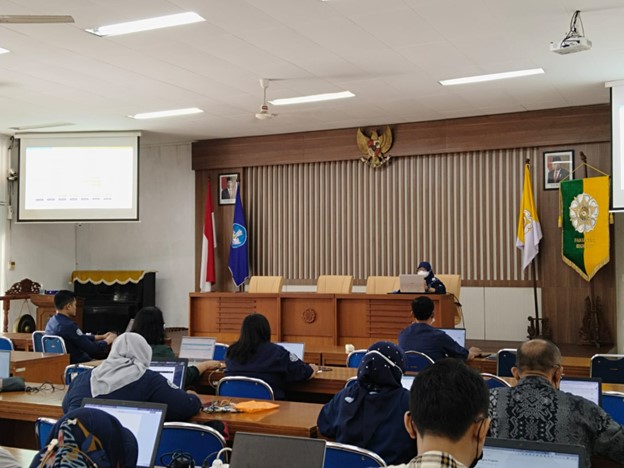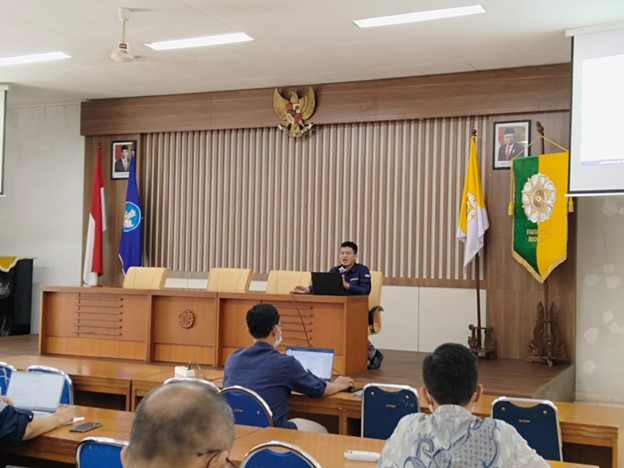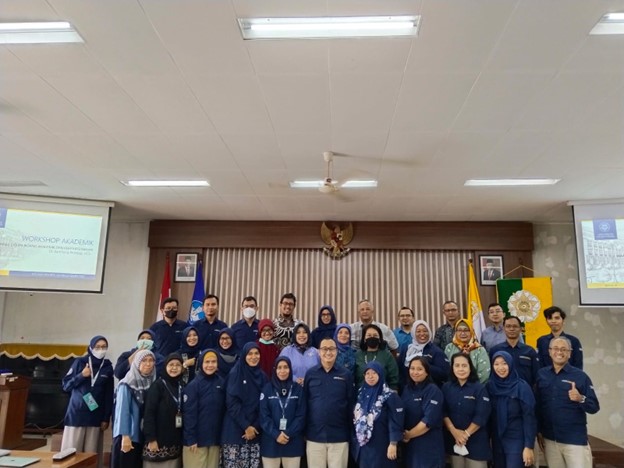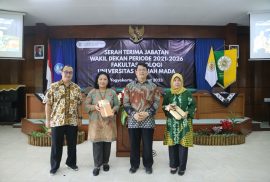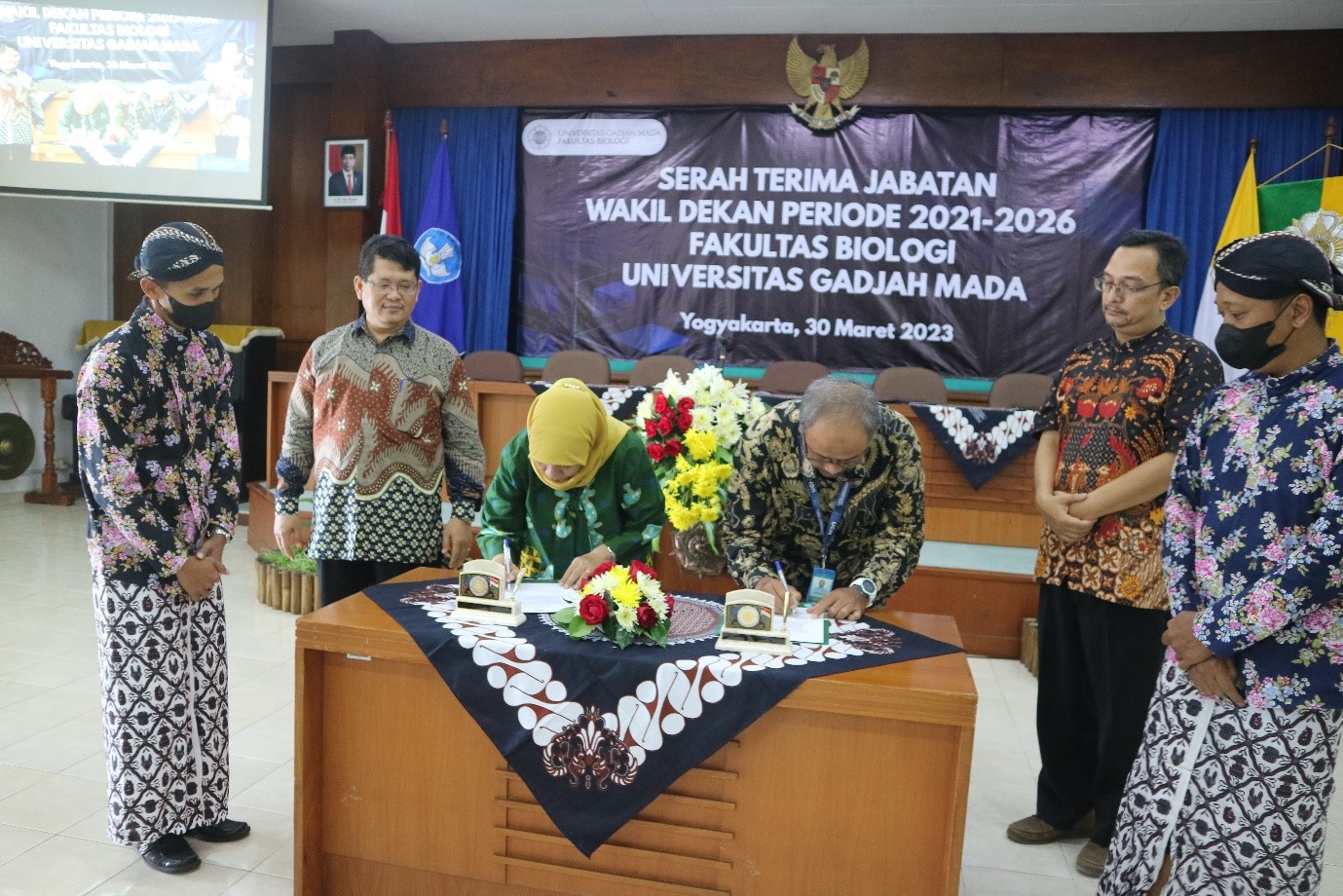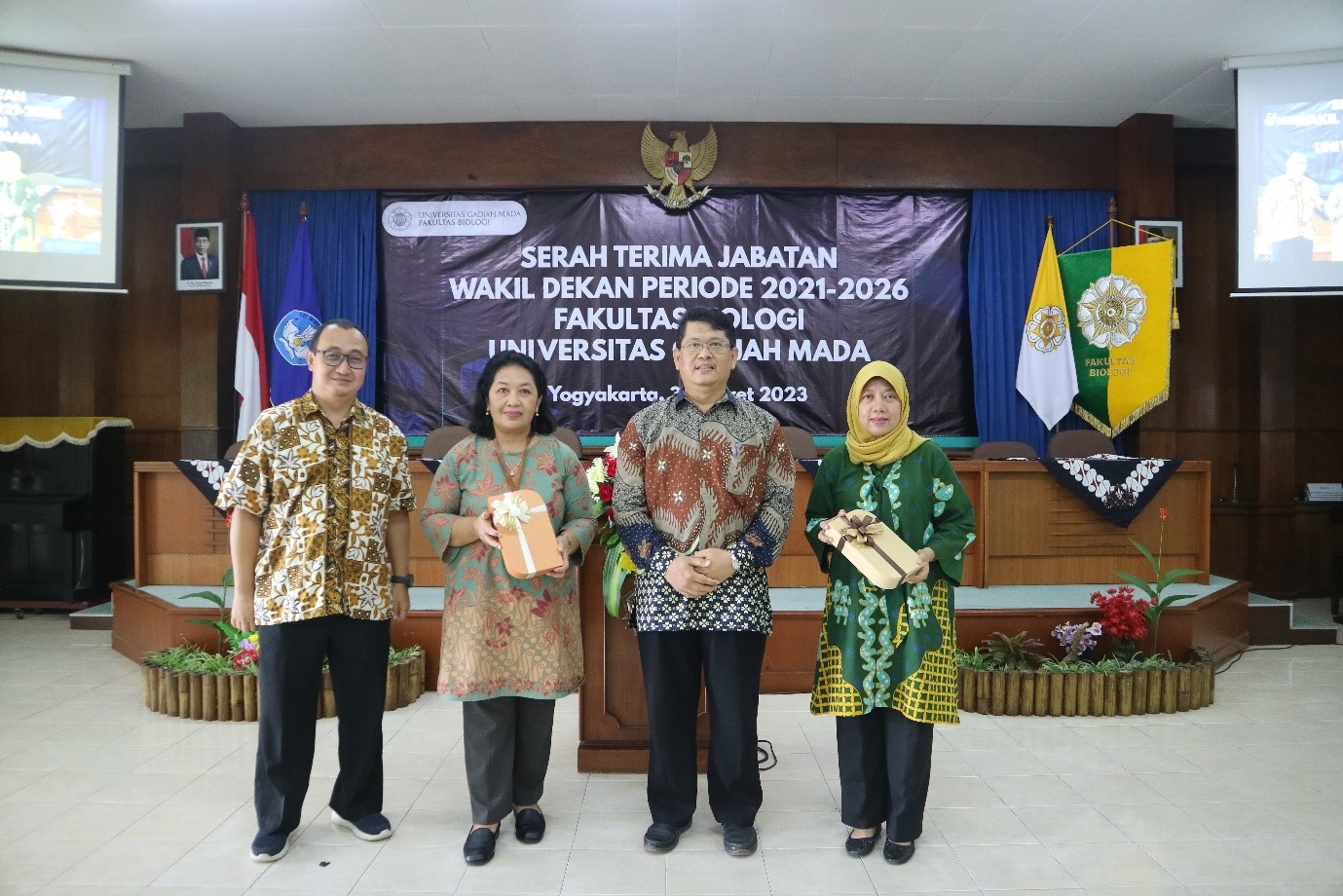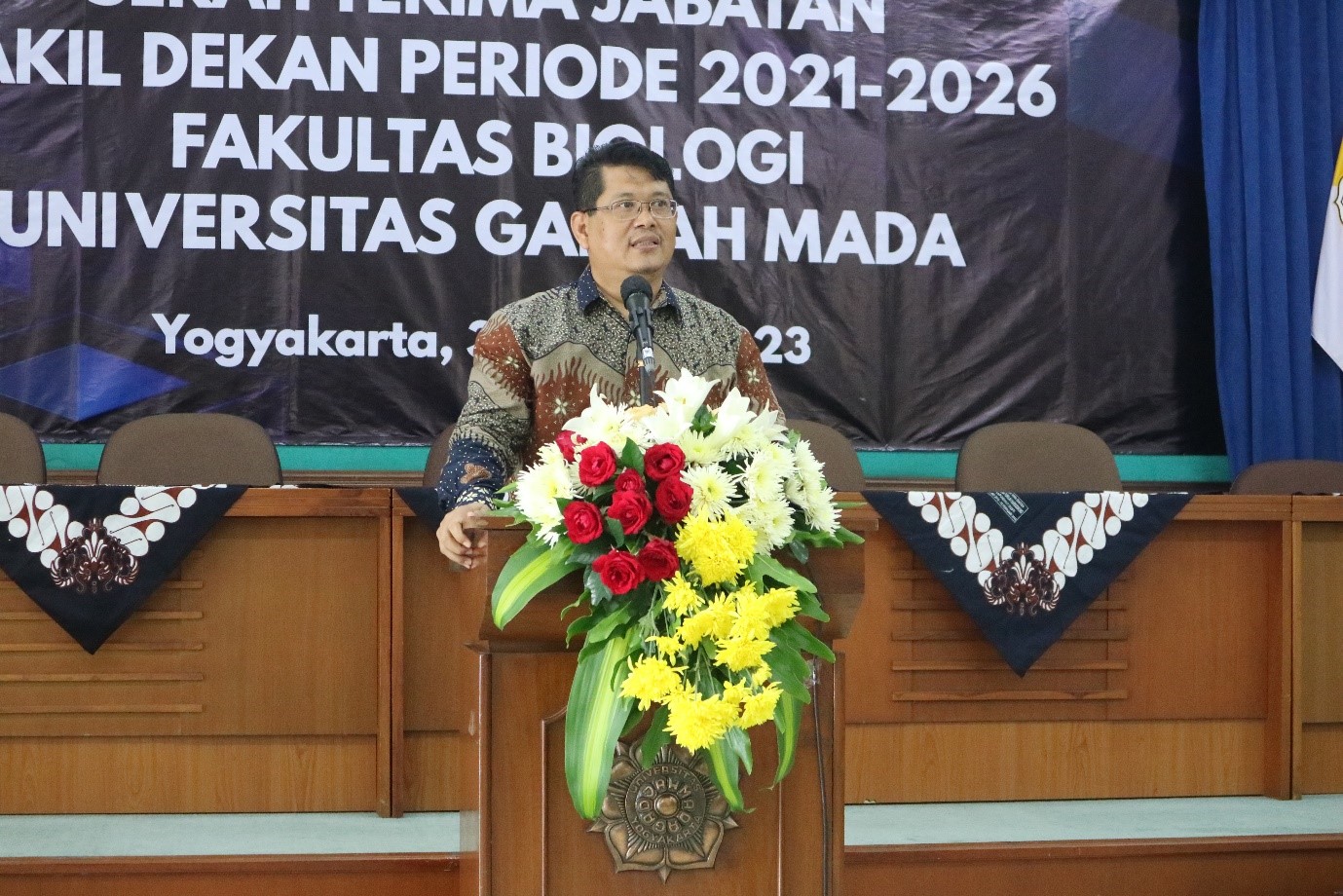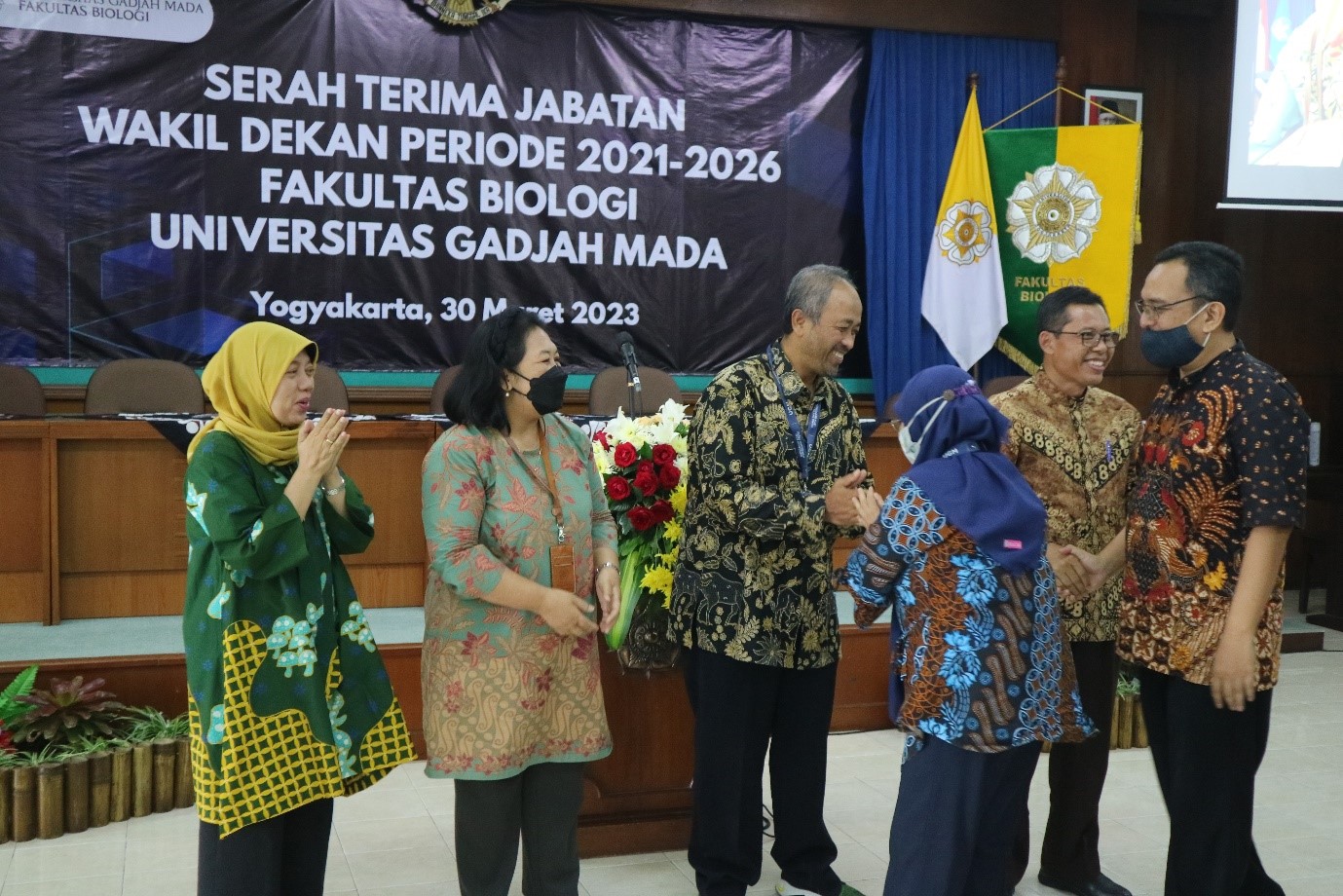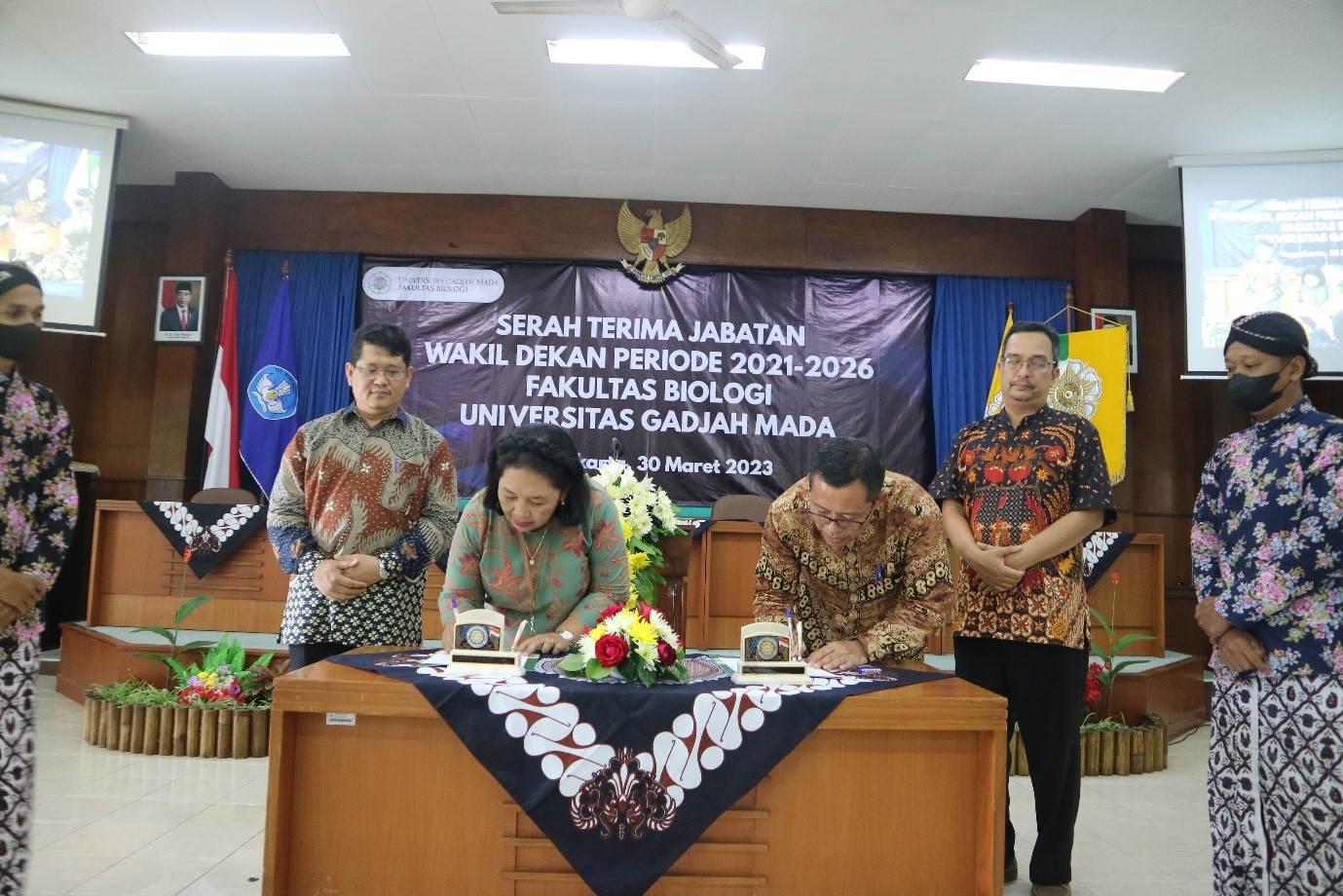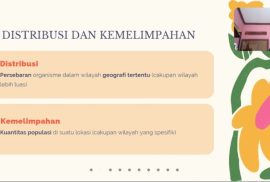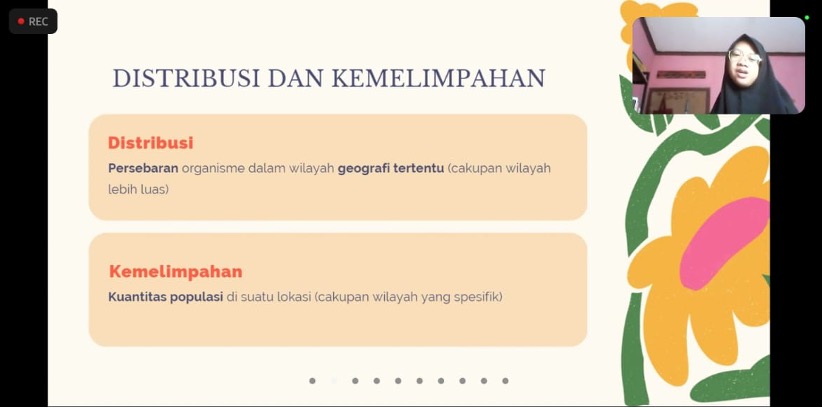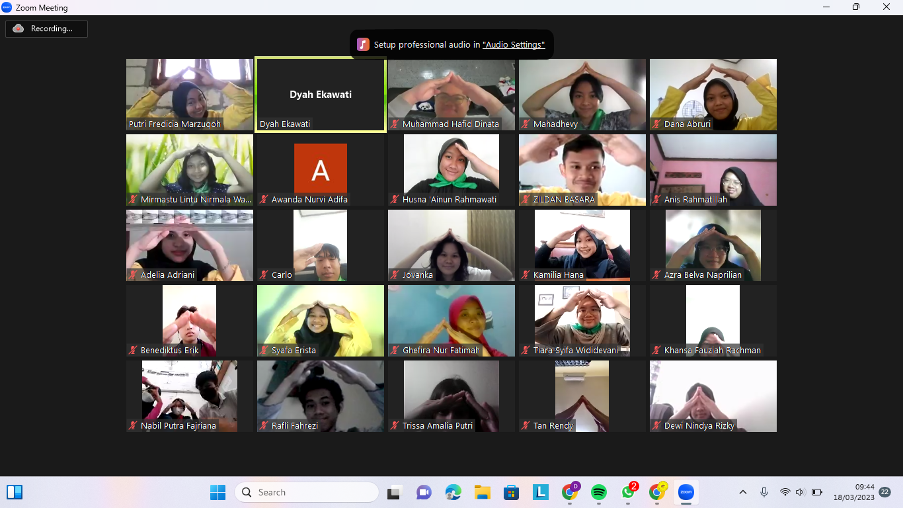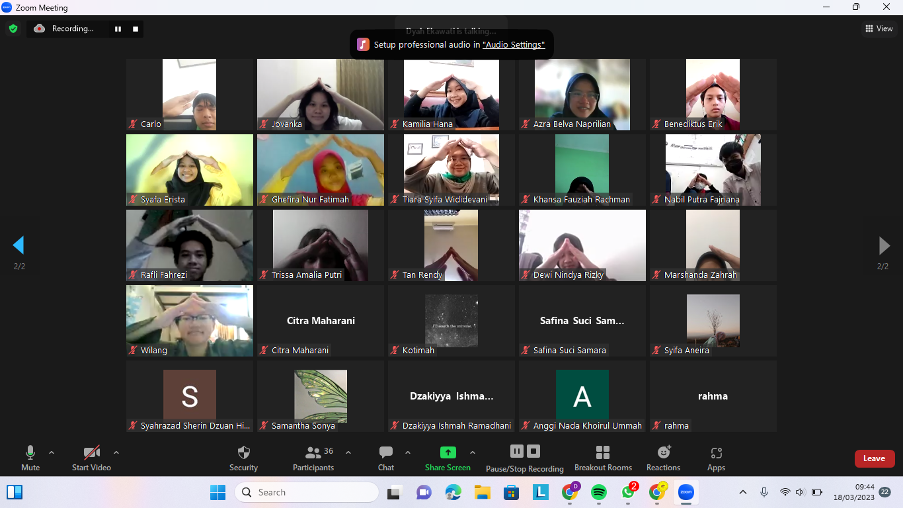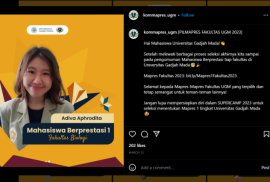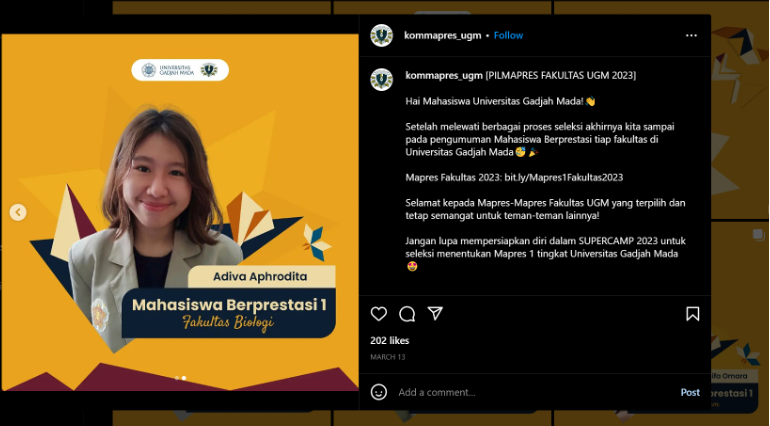The Faculty of Biology UGM is a faculty that continues to advance in conducting genomic and bioinformatic research. One of the lecturers in this faculty, Dr. Niken Satuti Nur Handayani, M.Sc. had the opportunity to take part in The Asia-Pacific (APAC) Population-Genomics, Informatics, and Interpretation Workshop 2023 in Thailand. Organized by Oxford Nanopore Technology, the workshop was held at the Thailand Science Park Convention Center, The National Science and Technology Development Agency (NSTDA), Rangsit, Bangkok, Thailand, on March 15-16 2023. Led directly by the Chairman of the Satriabudi Dharma Setia Foundation (YSDS), namely dr. Vincentius S.W Budhyanto, Dr. Niken, together with Genomics Researchers from Airlangga University, Del Institute of Technology, YARSI University, Bandung Institute of Technology, and RSUPN Dr. Cipto Mangunkusumo, left for Thailand with the full support of YSDS.
The workshop which invited genomic scientists and researchers from Asia-Pacific provided an excellent opportunity to understand the problems of long-read human genome sequencing with Oxford Nanopore Technology (ONT) and how to overcome these problems; understand the structure of ONT data and how it differs from short reads analysis; and preparing a workflow for the analysis of variation in the human genome, including analysis of Single Nucleotide Variant (SNV)/indels, Copy Number Variations (CNV) and Short Tandem Repeat (STR). In addition, the workshop participants had the opportunity to hear a presentation from NIVDIA, an American multinational technology company, about their support for large-scale genomics studies. On the 2nd day, workshop participants were invited to tour the NSTDA Innovation Cluster, one of which visited the NSTDA Supercomputer Center (ThaiSC) and saw the LANTA Supercomputer System. An important opportunity at the end of the activity is to discuss and benefit from the experience of the bioinformatics team from several institutions in Asia-Pacific so that later they can contribute together to the advancement of genomic research in Indonesia.

